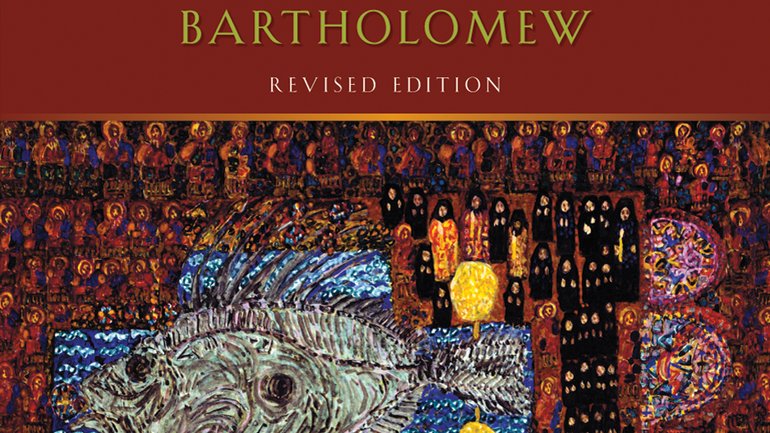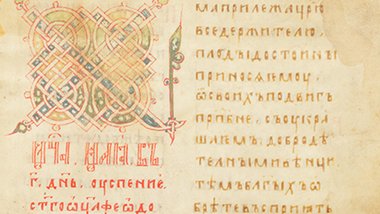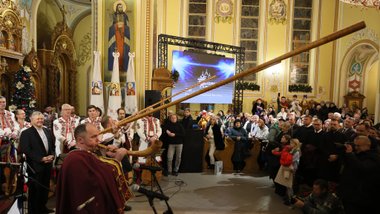For some time now, the Ecumenical Patriarch Bartholomew, has been acclaimed as the "green patriarch" for his activities and vocal insistence that Christians must be good stewards of creation. But there is more going on here than fastening on to some ecological-theological principle. Fastening on to an issue like this has ensured that the Ecumenical Patriarchate attracts some attention from the bien-pensants to its beleaguered situation in Constantinople, where Christians are fast disappearing.
For some time now, the Ecumenical Patriarch Bartholomew, has been acclaimed as the "green patriarch" for his activities and vocal insistence that Christians must be good stewards of creation. But there is more going on here than fastening on to some ecological-theological principle. Fastening on to an issue like this has ensured that the Ecumenical Patriarchate attracts some attention from the bien-pensants to its beleaguered situation in Constantinople, where Christians are fast disappearing. Unlike the Vatican, the Phanar has very little ability to draw media attention, and so environmentalism has become the only card in its deck, and as a consequence is played regularly. Lest we be scandalized by the politics of this, remember that a Christian must, after all, be as wise as a serpent and innocent as a dove. But is environmentalism innocent and pure as the driven snow?
His ecological thoughts are gathered together in a collection recently published by Eerdmans:
John Chryssavgis, ed., Cosmic Grace, Humble Prayer: the Ecological Vision of the Green Patriarch Bartholomew, rev. ed. (Grand Rapids, MI: Eerdmans, 2009), xii+393pp.
Cosmic Grace contains a foreword from John Zizioulas. It has been superbly edited and introduced by John Chryssavgis. His introduction, in fact, helps to clarify some of Patriarch Bartholomew’s points and to give them a stronger theological under-girding. This is an important service of Chryssavgis because several Orthodox theologians have sharply questioned the patriarch’s overwrought focus on ecology to the near-total neglect of much more serious issues such as abortion, and wondered aloud on Orthodox websites whether the patriarch was not being manipulated to provide window-dressing for “global warming” activists whose “scientific” case has become a shambles. None has given more eloquent expression to this unease than the Orthodox priest Fr. Johannes Jacobese, whose numerous critical reflections are invaluable and must be read alongside this book.
Dr. Adam DeVille











